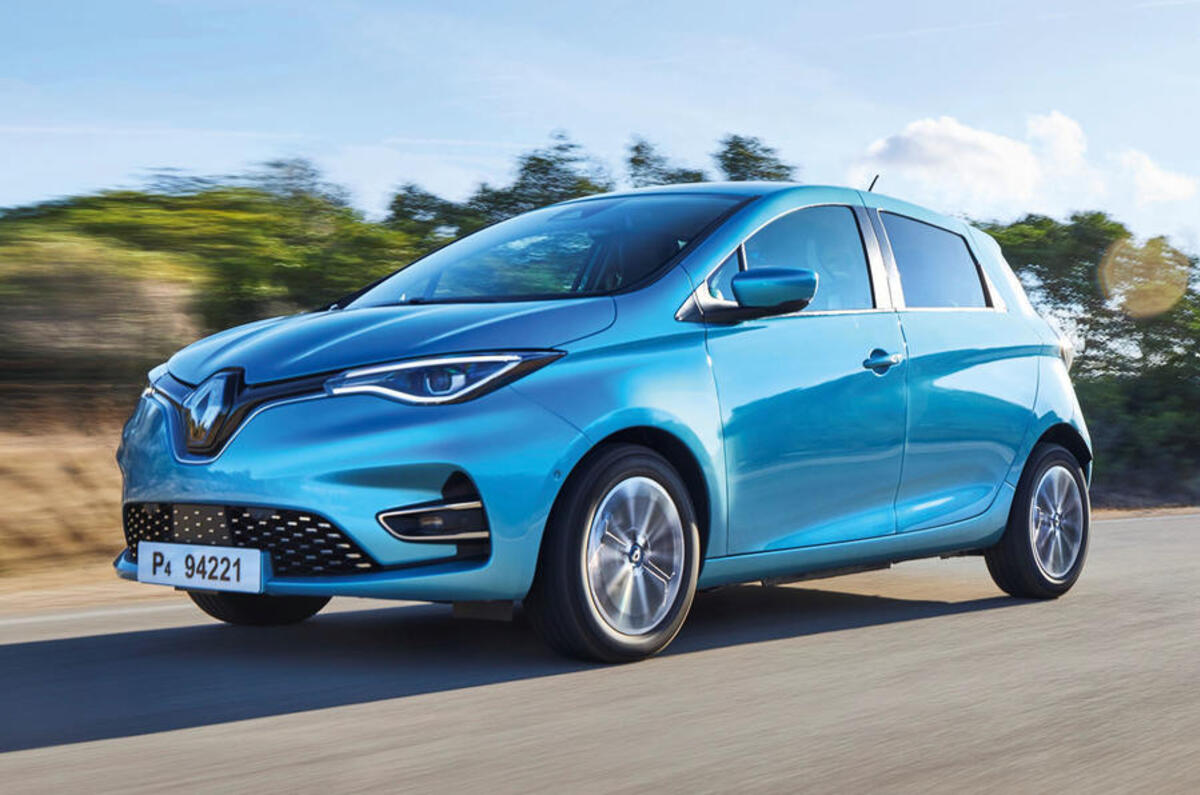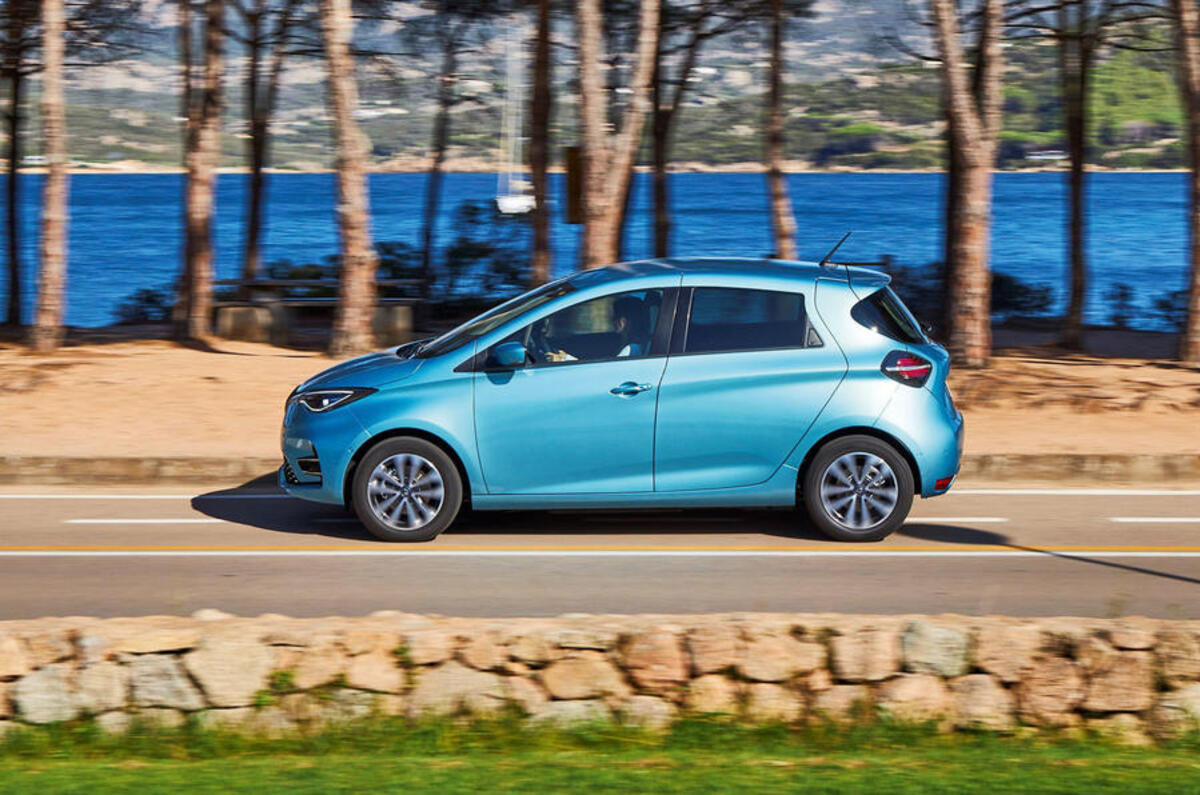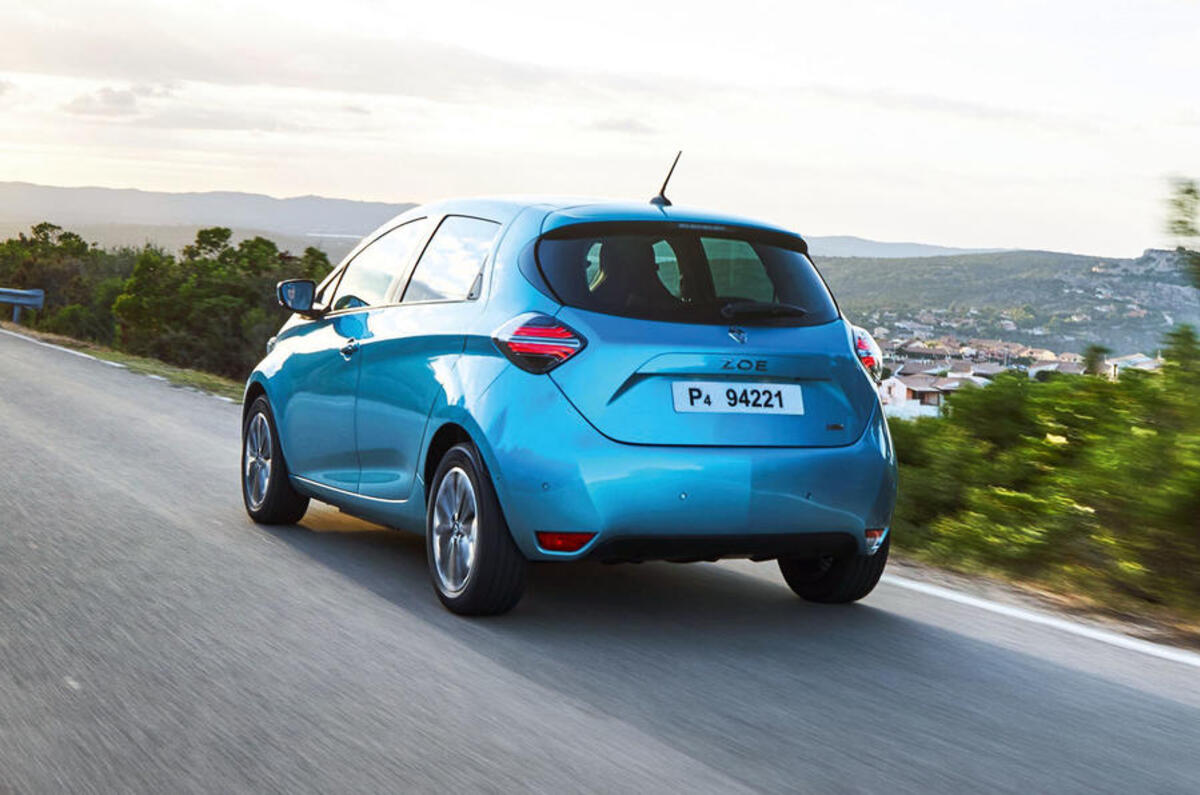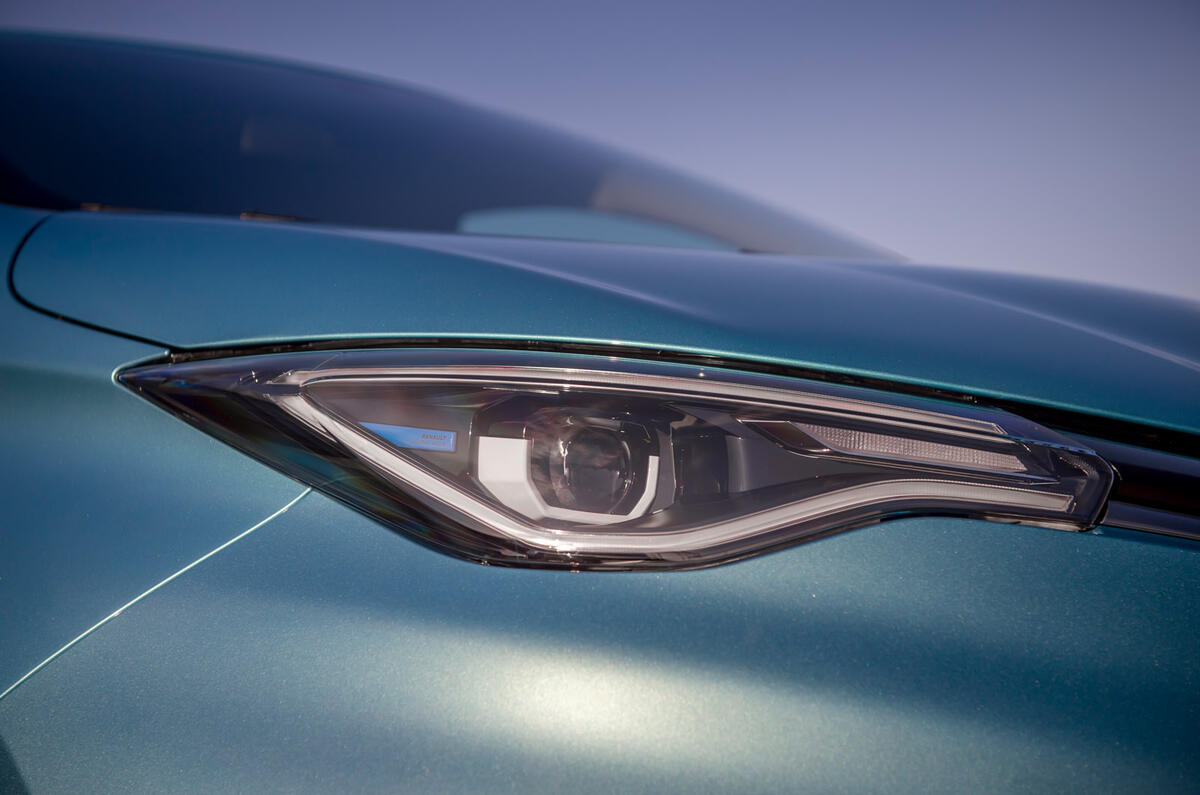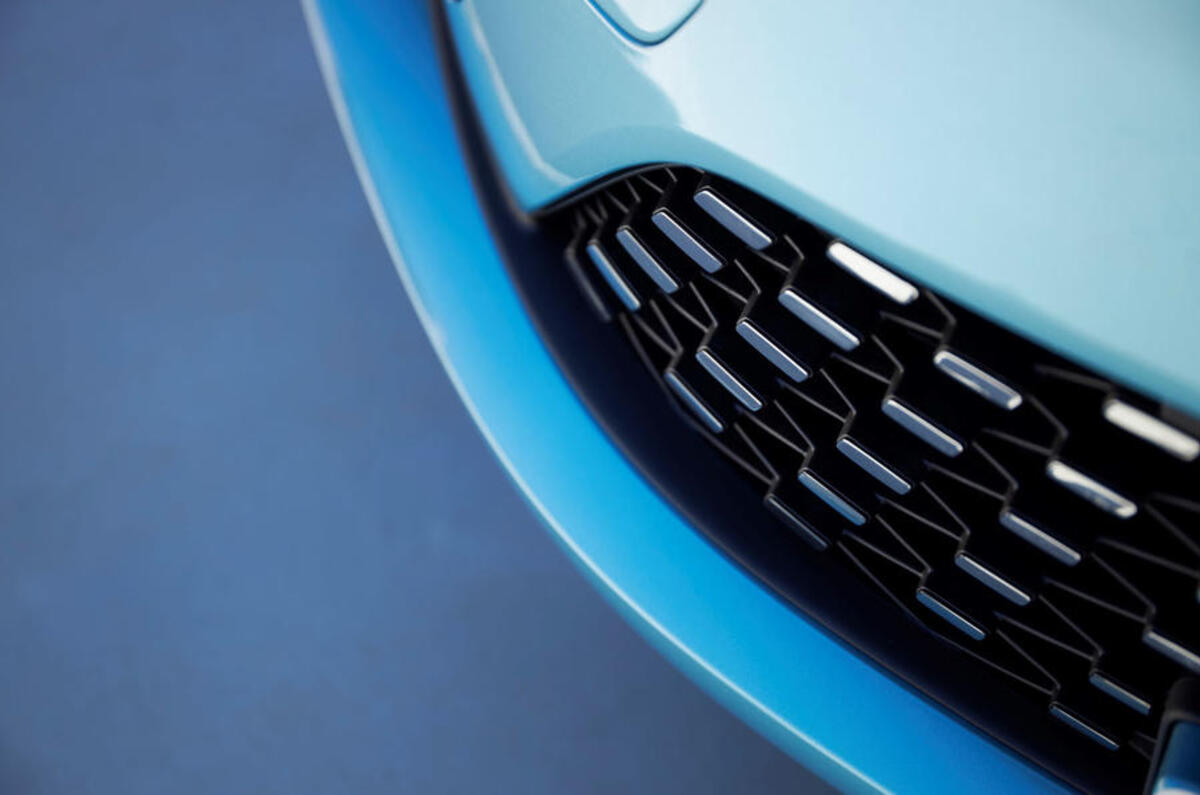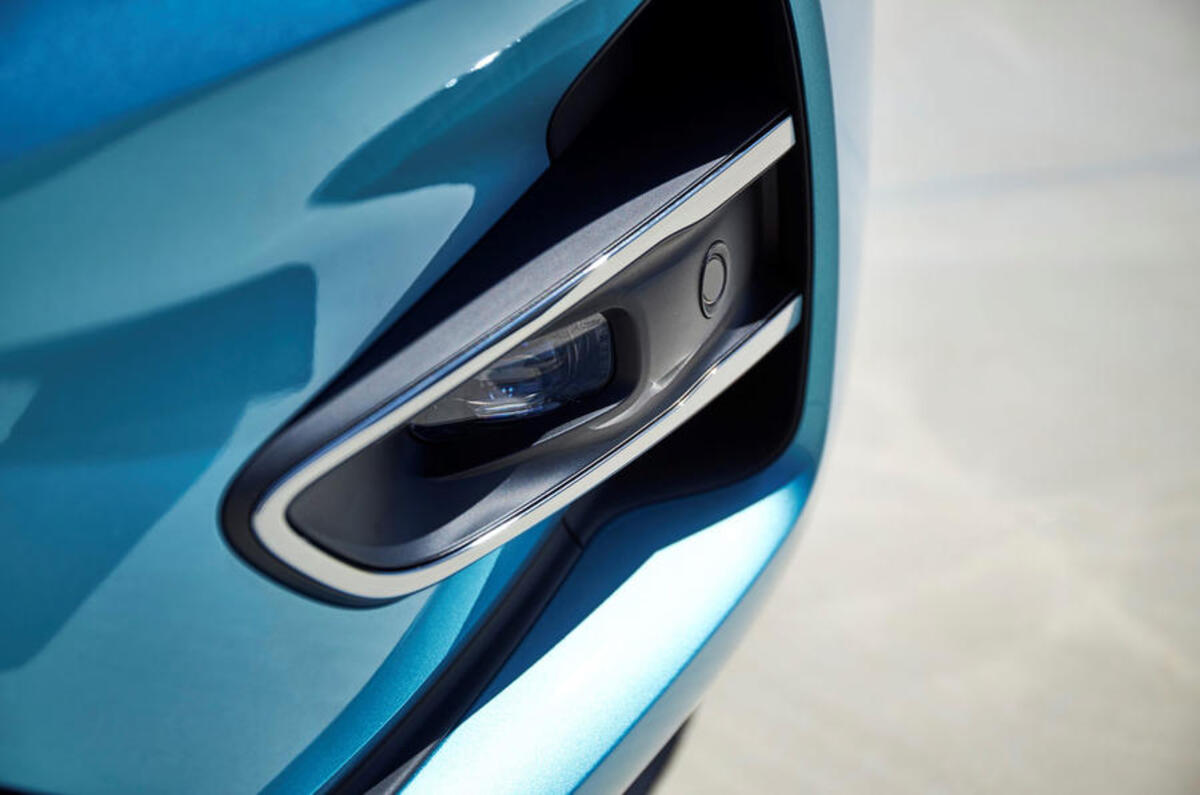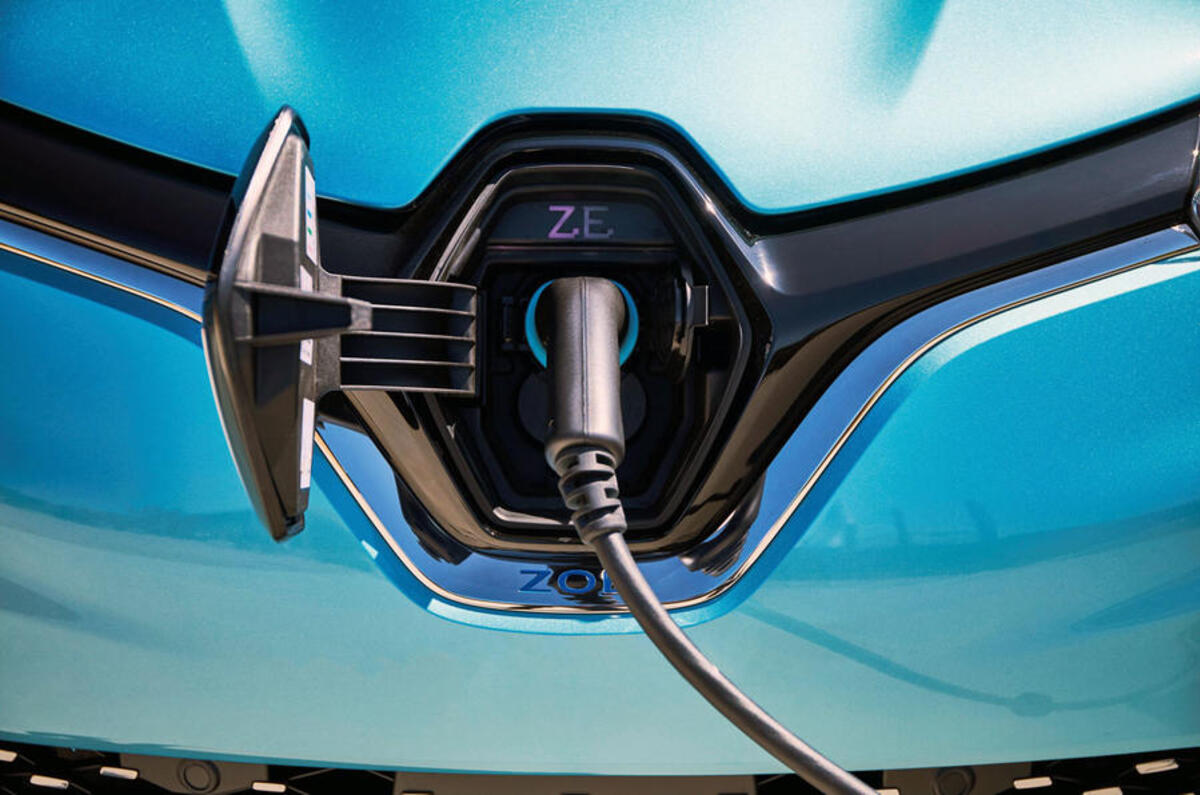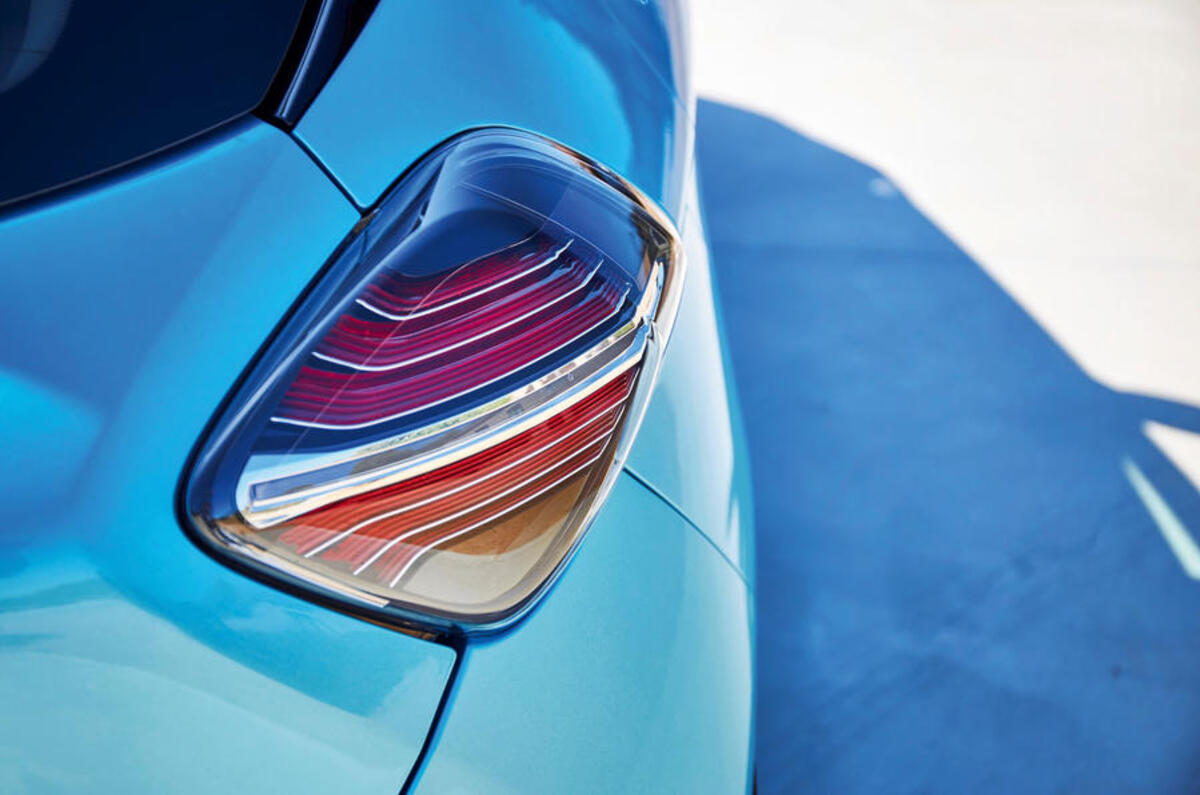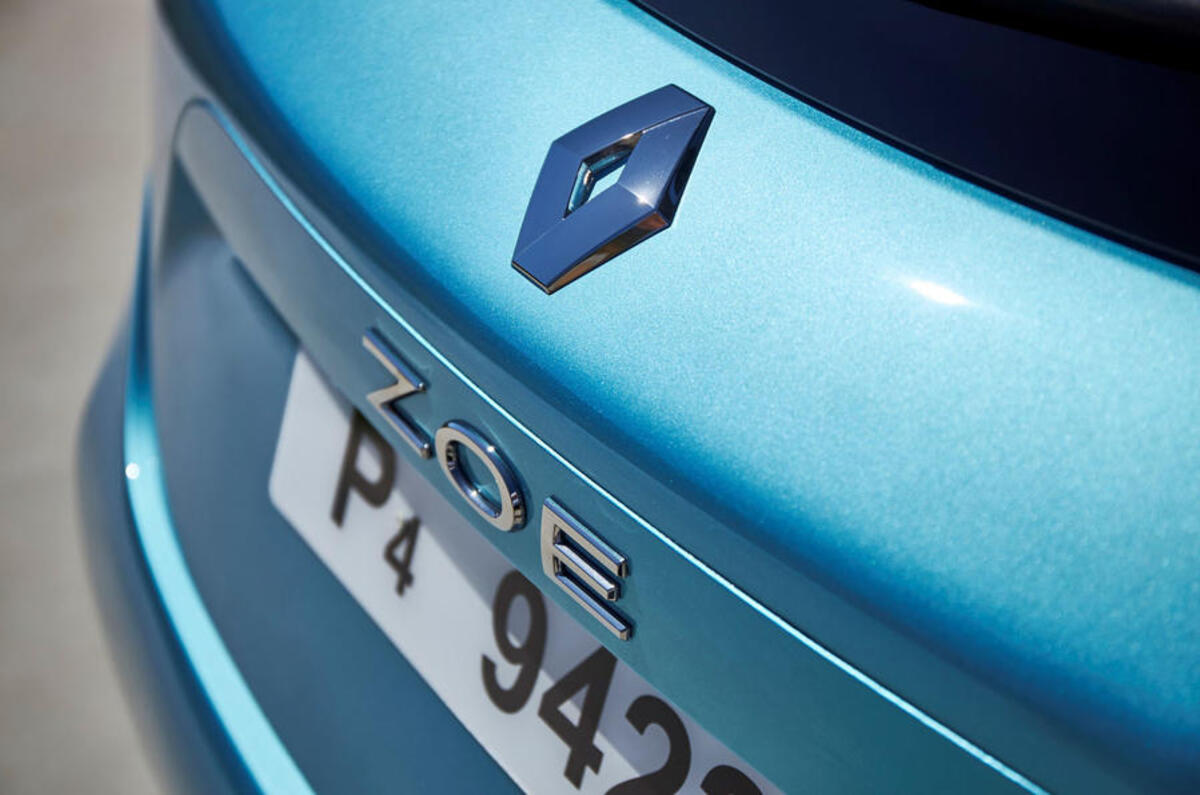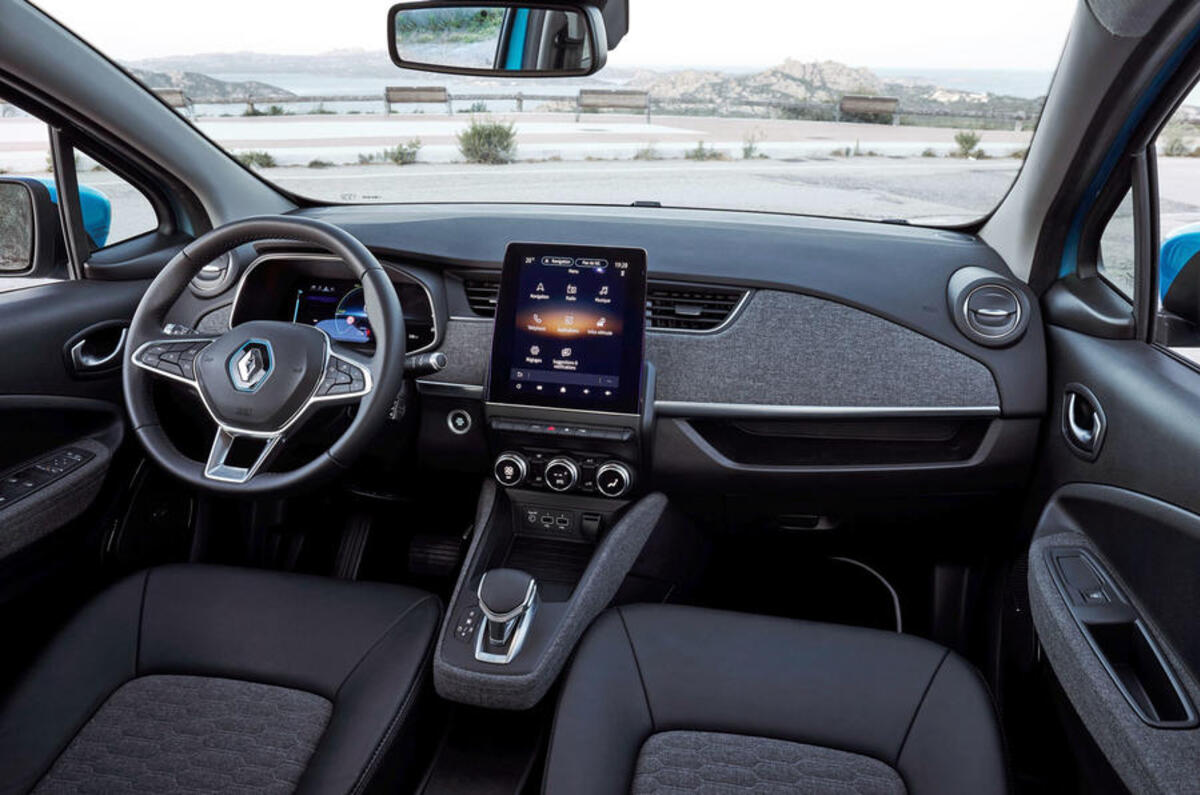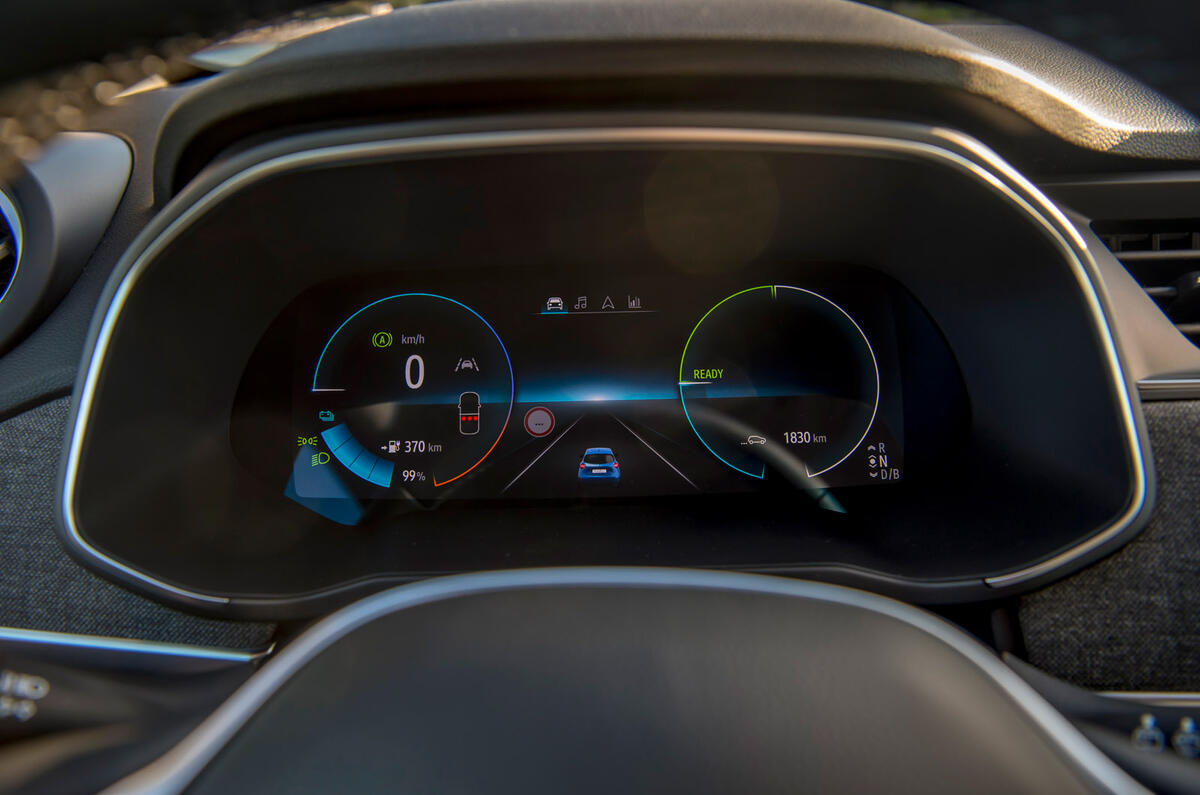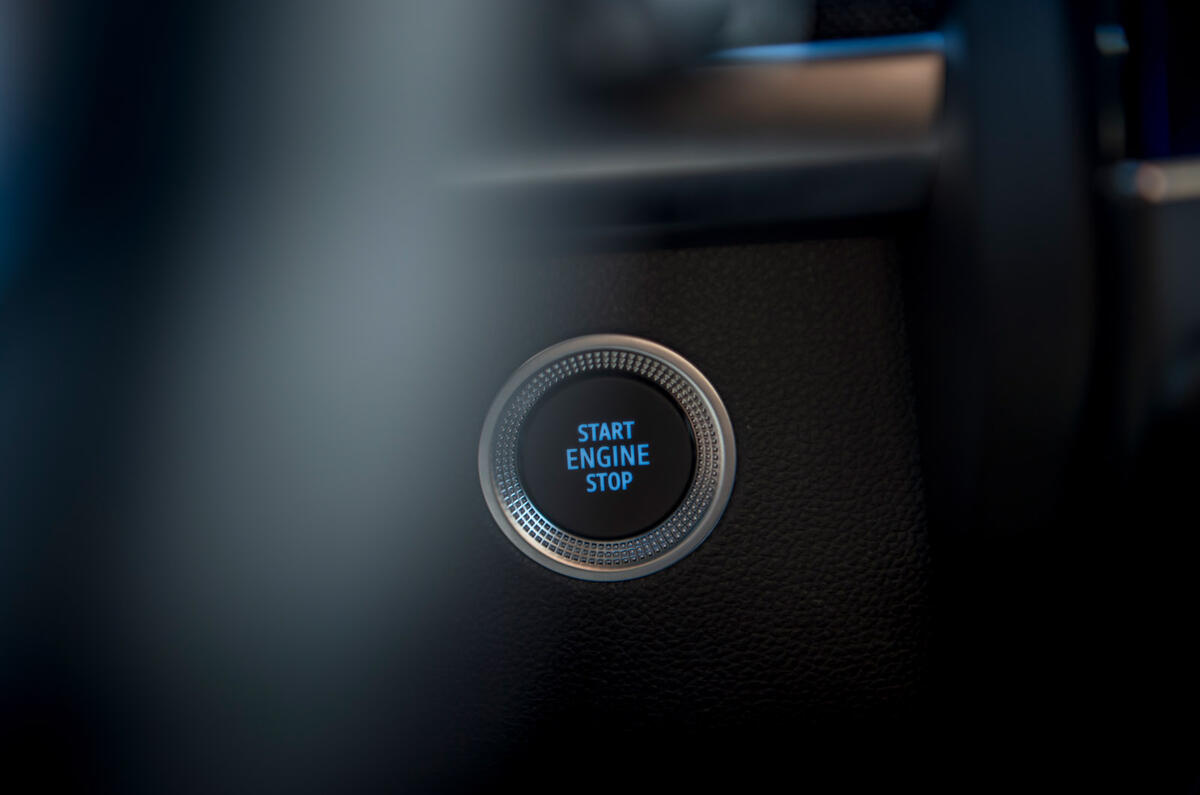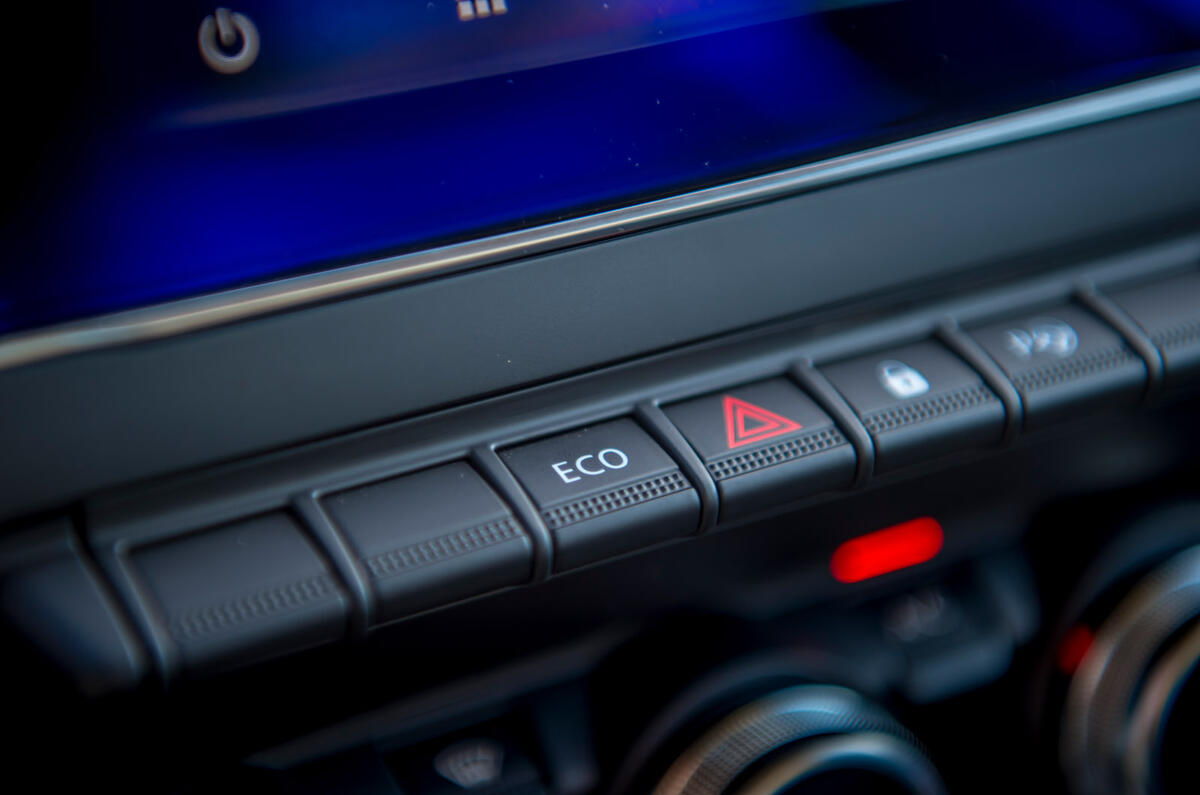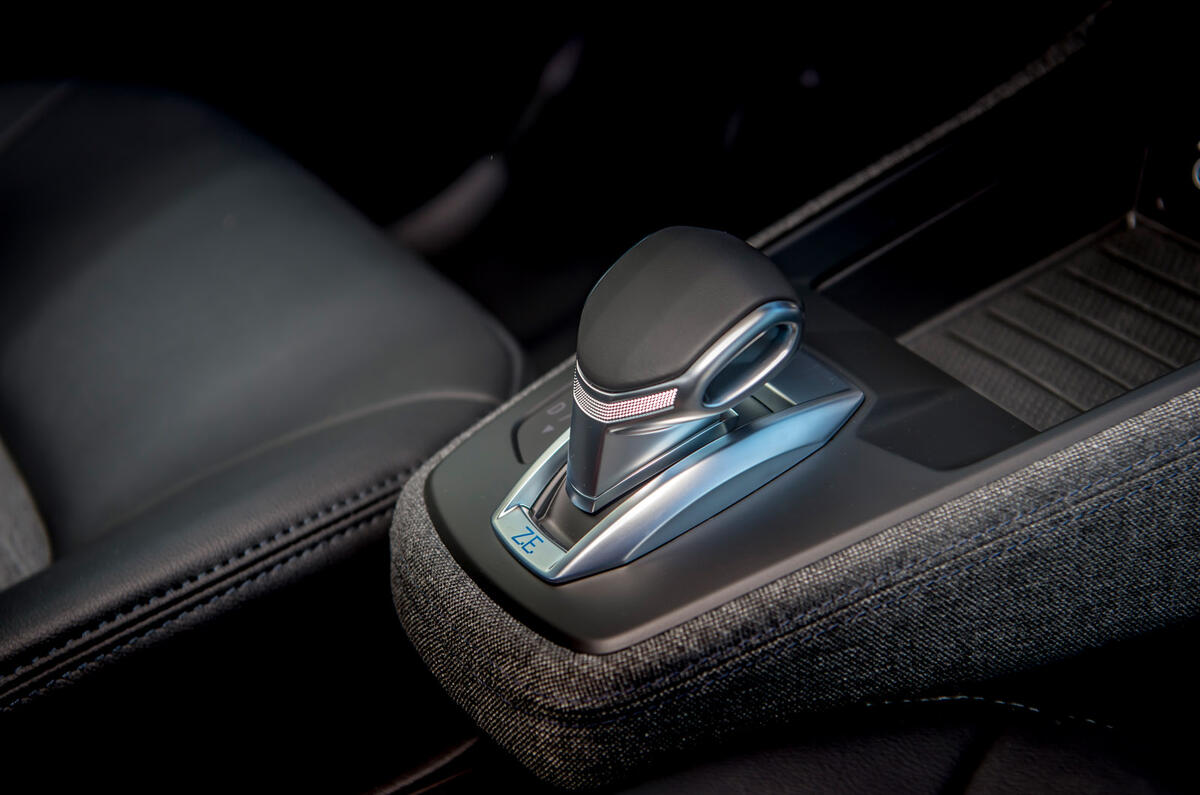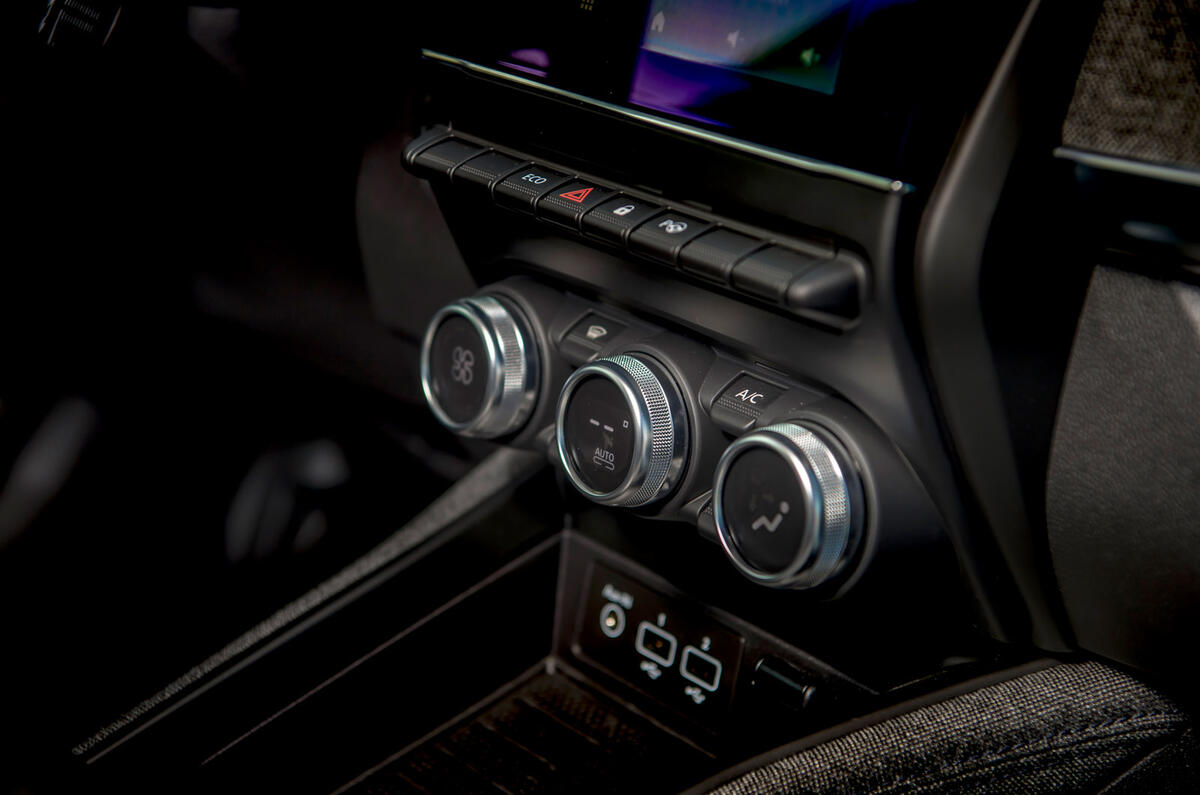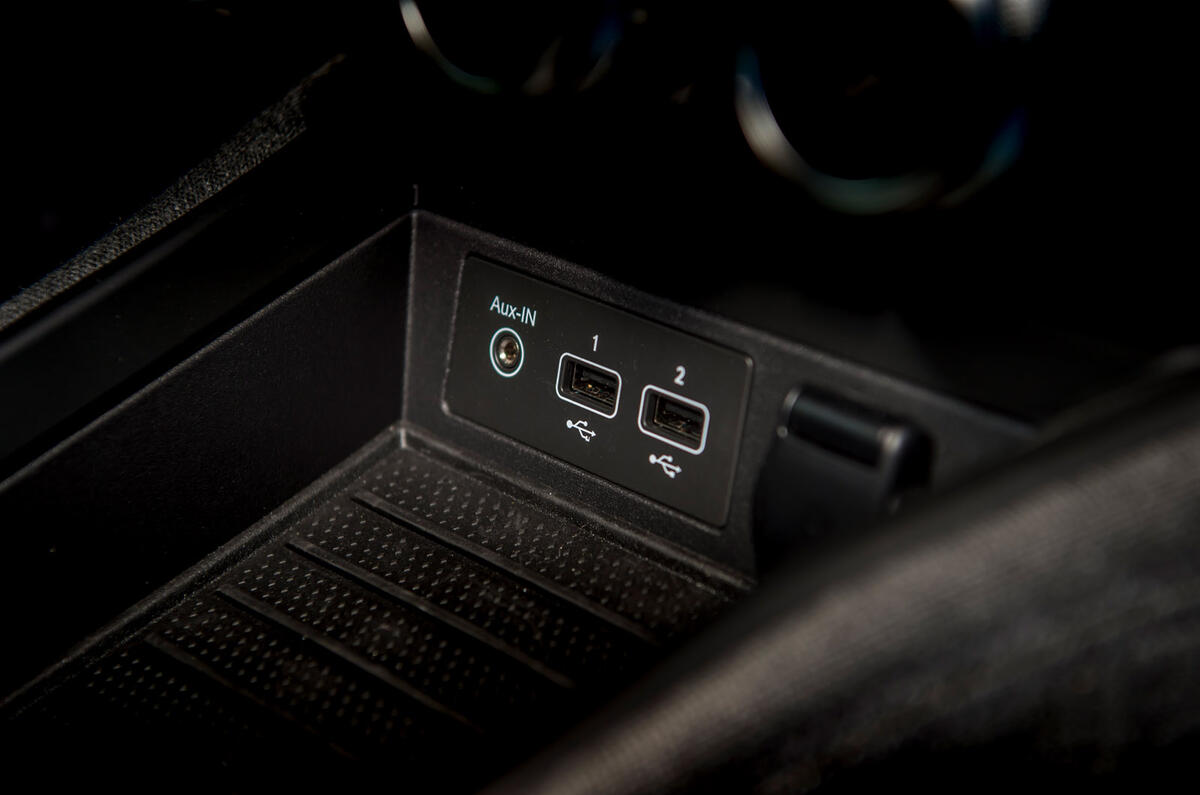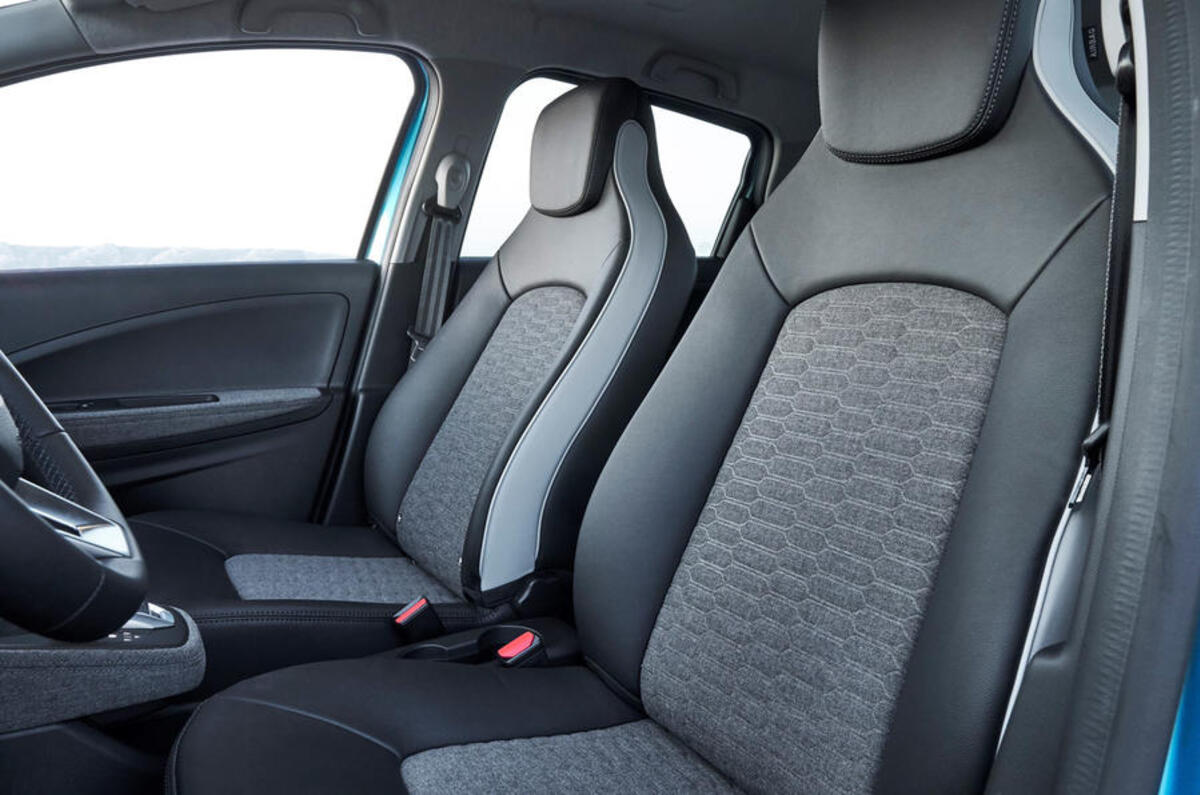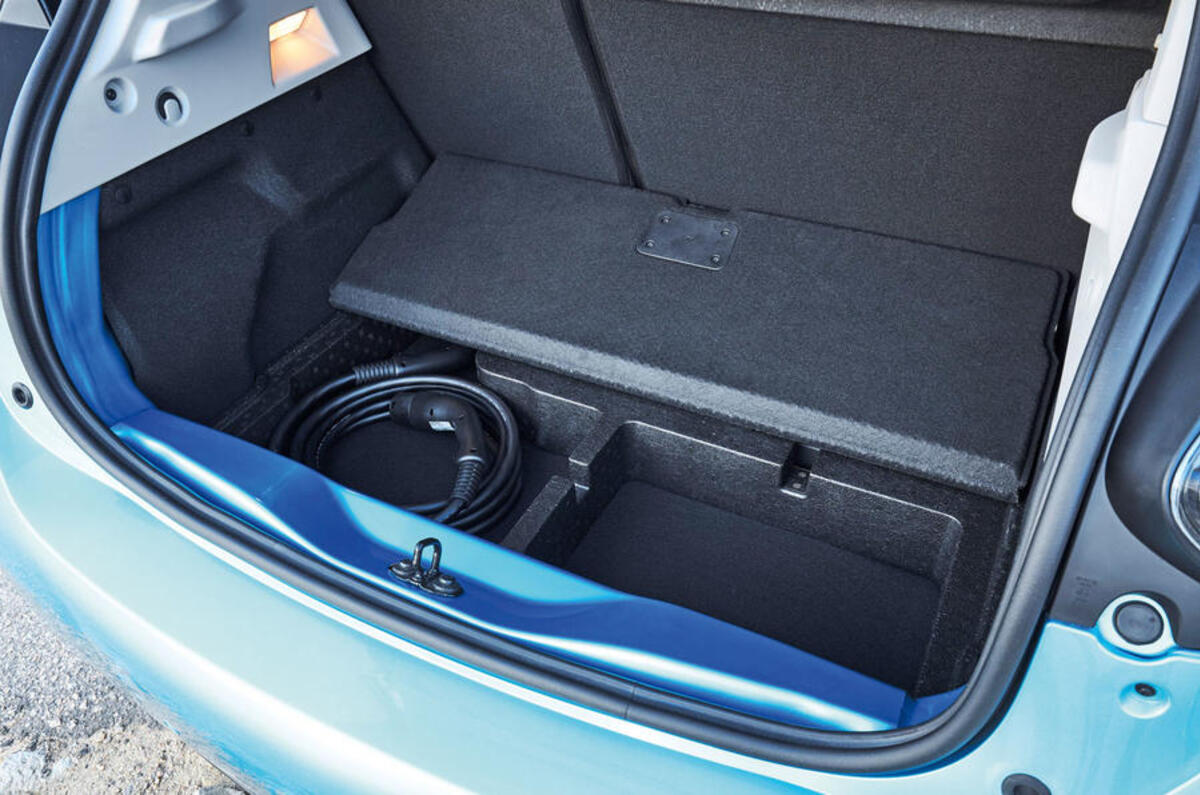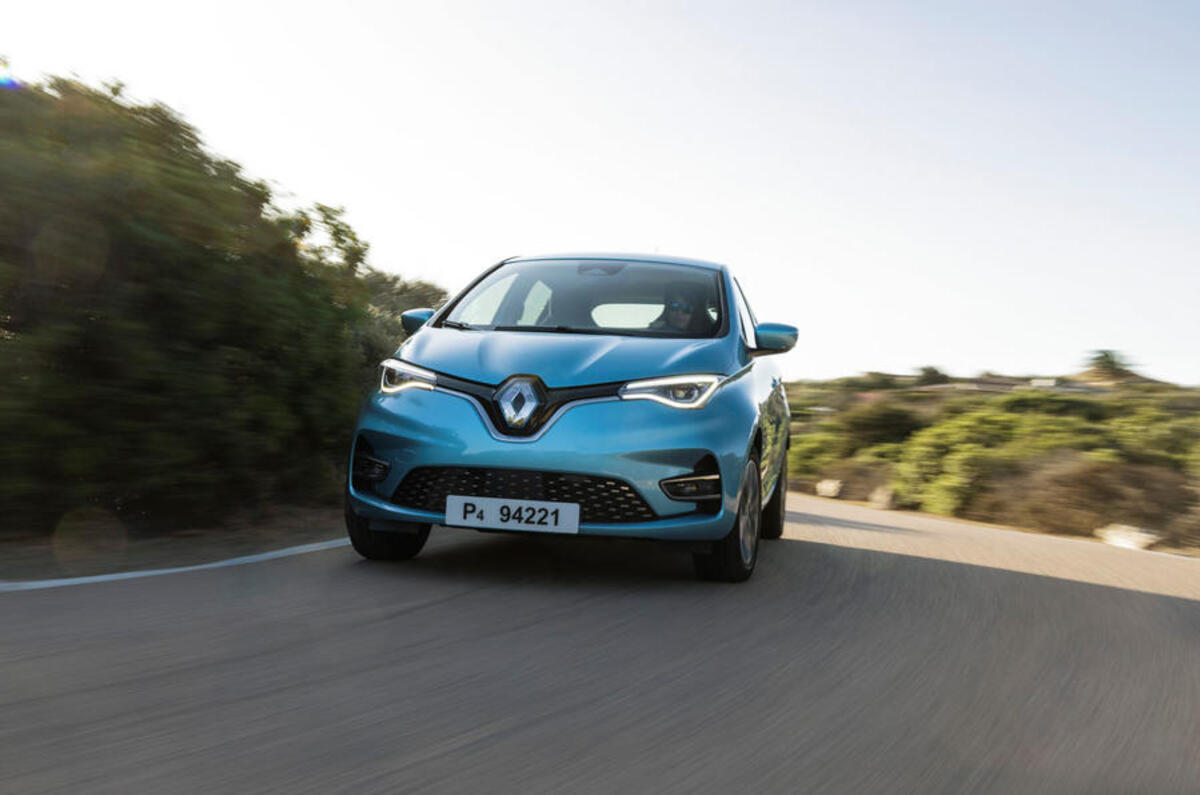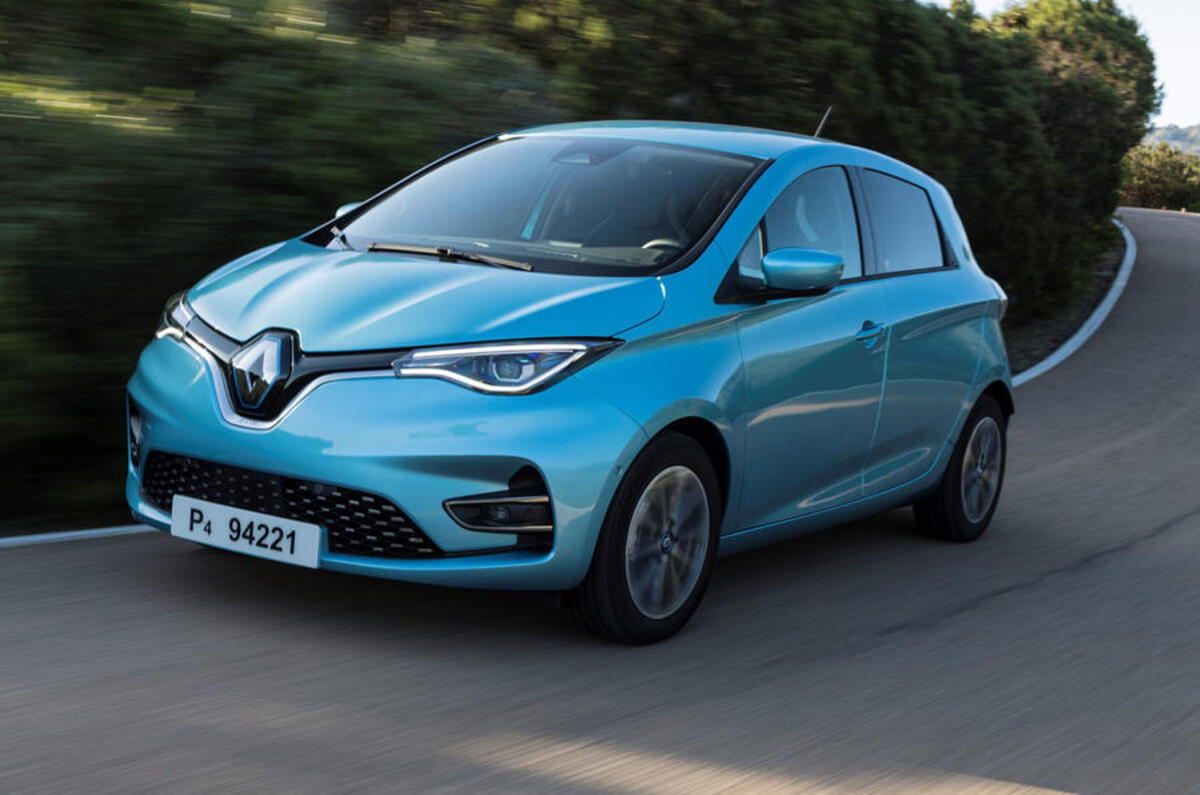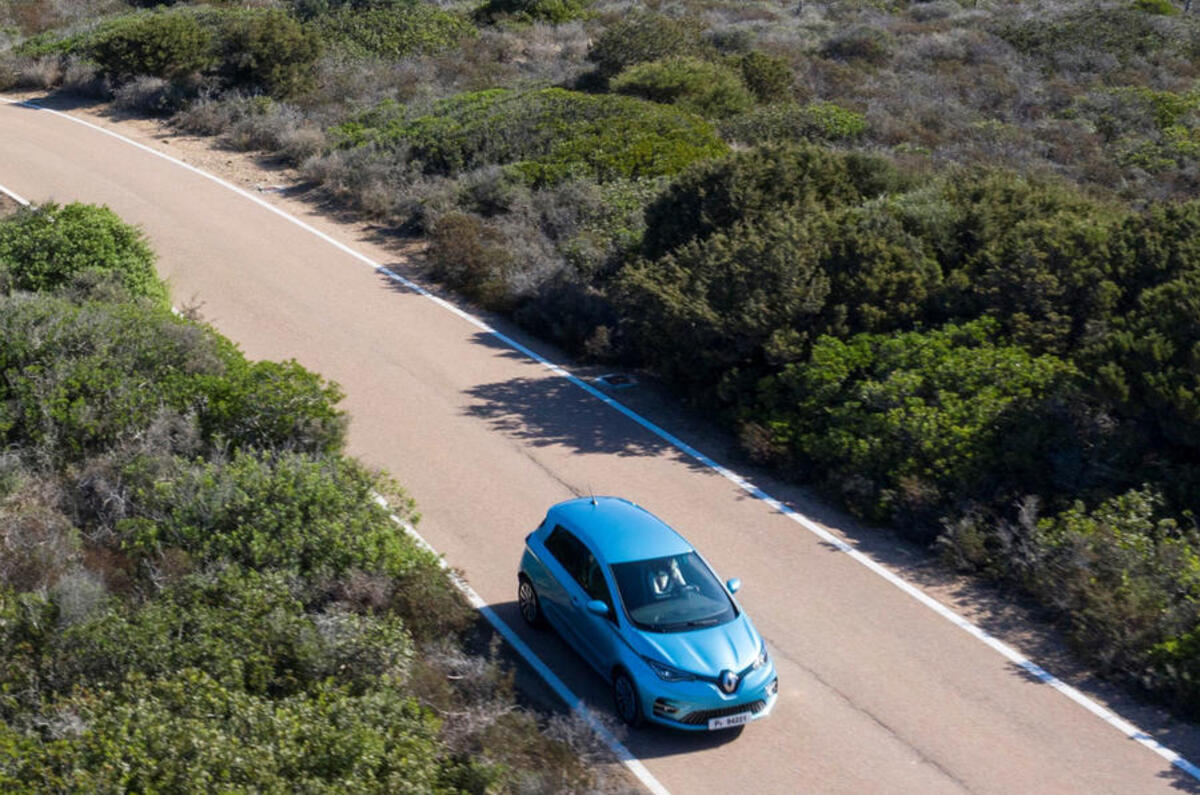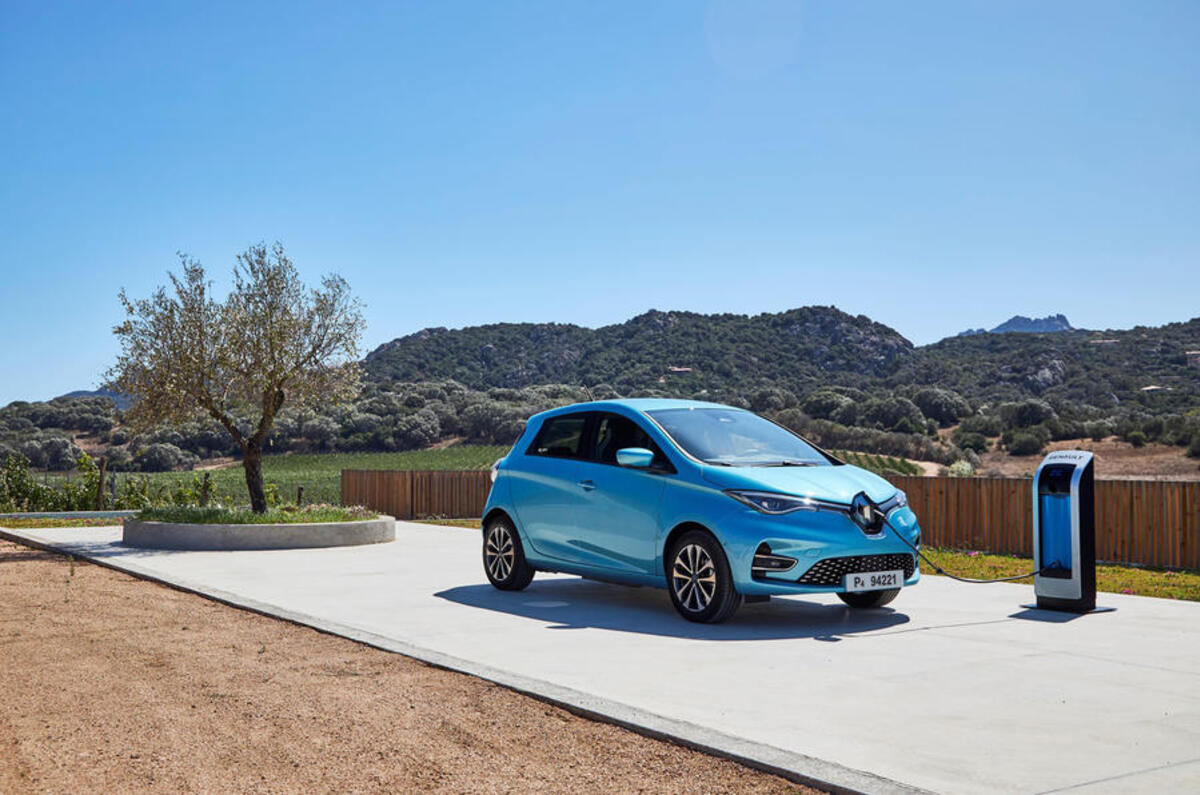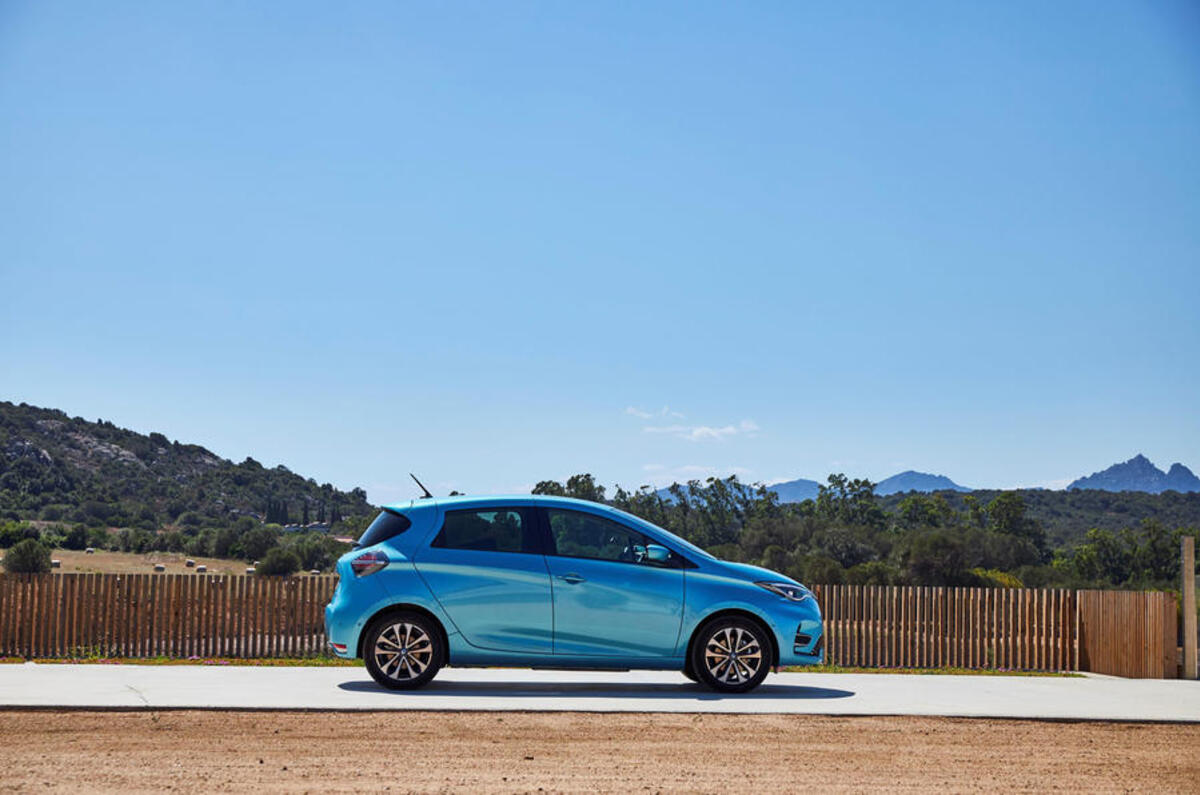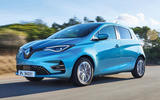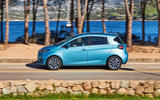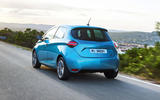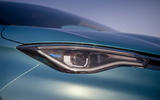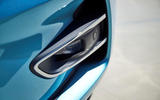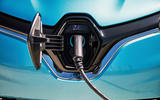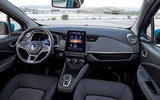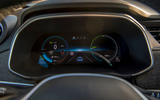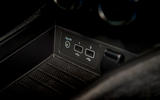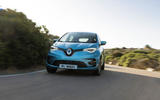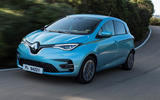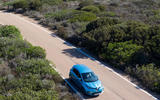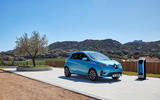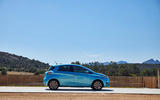Like many French models, The Renault Zoe was at the cutting edge of fashion when she burst onto the scene in 2012. There weren’t many similar models doing what she did, and she quickly gained popularity with her convivial, easy-going nature and quietly subtle style.
But times change and, in the past few years, plenty of younger models have caught onto the trend Zoe helped to start – and while those models brought attention to her and increased her popularity, Zoe was starting to risk looking a little behind the times.
Renault has already added a few nips and tucks, but has now treated the Renault Zoe to a full makeover, and she’s emerged revitalised, refreshed and ready to prove that she still has what it takes against some trendy young upstarts.
We’ll end the tortured fashion/car analogy there, in order to focus on the changes Renault has made to what it calls the third-generation of its Zoe electric car, which is built on a reworked version of the same basic platform as the original. The exterior design has been refreshed, with new lines, a bigger, bolder Renault logo (which hides the charging ports), a new front bumper and new standard LED lights. The appearance is a little more stylish, and closely tied to the recently launched Clio.
More has changed inside the car, with a refreshed interior that feels a big step forward from the previous model. There’s a 10in digital instrument display as standard, customisable lighting and a revamped dashboard centred on an infotainment touchscreen (up to 9.3in in size) featuring the latest version of Renault’s Easy Link system. The perceived quality is an improvement, and the mix of physical buttons and the touchscreen makes the car pleasingly easy to operate.


